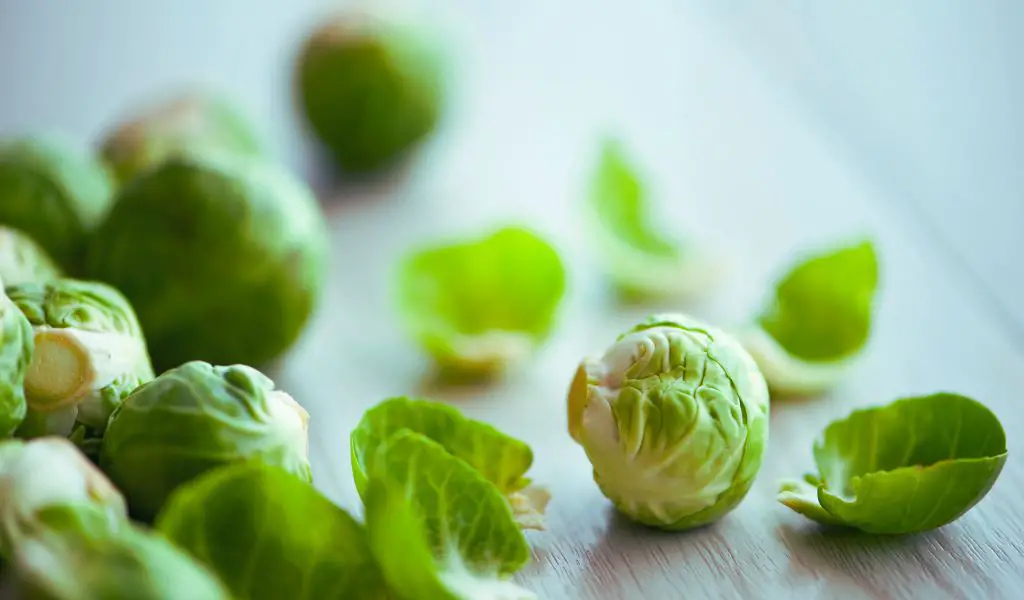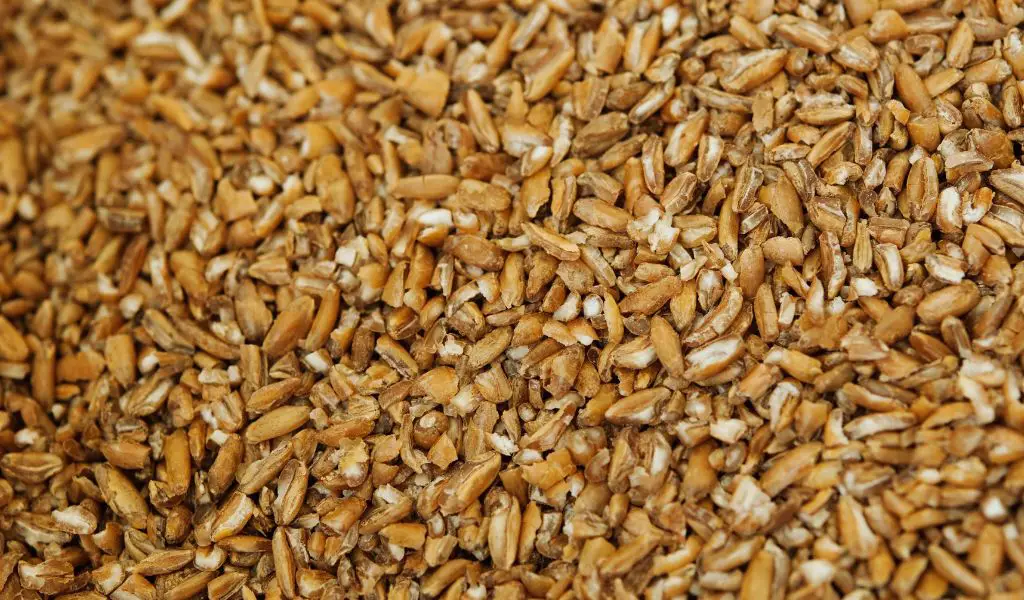Dogs can eat Brussels sprouts, but with some precautions. While Brussels sprouts are not toxic to dogs, it’s important to remember that every dog is different and may react differently to certain foods. Some dogs may experience digestive issues or gas after consuming Brussels sprouts due to their high fiber content. Therefore, it’s crucial to introduce Brussels sprouts gradually and monitor your dog’s reaction.
Dos
- Offer Brussels sprouts in small, cooked portions as an occasional treat.
- Ensure the Brussels sprouts are plain and free from any seasoning or additives.
- Chop or steam the sprouts to make them easier for your dog to digest.
- Monitor your dog’s response after consuming Brussels sprouts and adjust the serving size accordingly.
- Consult your veterinarian if you have any concerns about feeding Brussels sprouts to your dog.
Don’ts
- Avoid feeding raw Brussels sprouts to your dog, as they can be difficult to digest and may cause stomach upset.
- Steer clear of giving your dog Brussels sprouts prepared with seasonings, spices, butter, or oils, as these additives can be harmful to dogs.
Can Brussels sprouts be a healthy addition to my dog’s diet?
While Brussels sprouts can provide some nutritional benefits, they should only be given as an occasional treat. A balanced diet formulated for dogs is essential for meeting their nutritional needs.
Are there any potential health risks associated with feeding Brussels sprouts to dogs?
Some dogs may experience digestive issues such as gas or upset stomach when consuming Brussels sprouts. Monitor your dog’s response and consult your vet if any concerns arise.
Can Brussels sprouts cause allergies in dogs?
Like any food, dogs can develop allergies to Brussels sprouts. Introduce them slowly and watch for any signs of an allergic reaction such as itching, swelling, or difficulty breathing.
Conclusion and final thoughts 💭
In conclusion, dogs can eat Brussels sprouts in moderation, but it’s important to introduce them gradually and monitor your dog’s response.
Remember to prepare the sprouts plain, without seasonings or additives, and avoid feeding them raw.
As always, consulting with your veterinarian is recommended to ensure your dog’s specific dietary needs are met.




